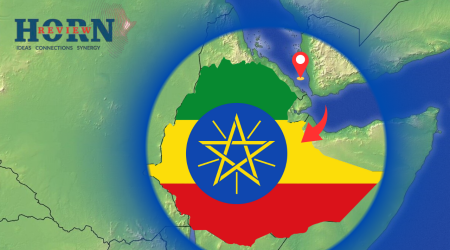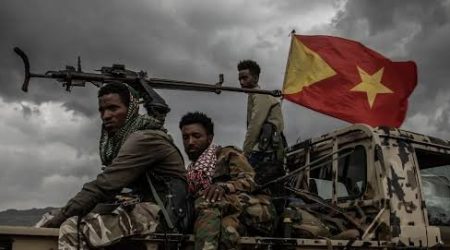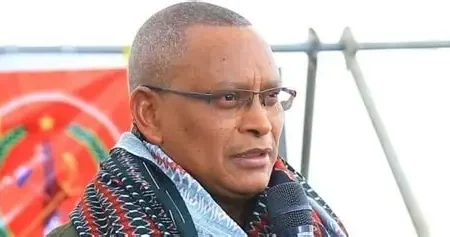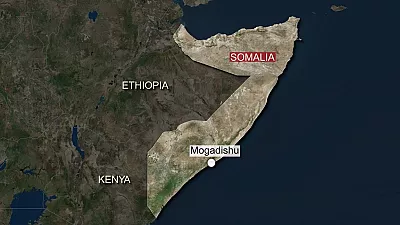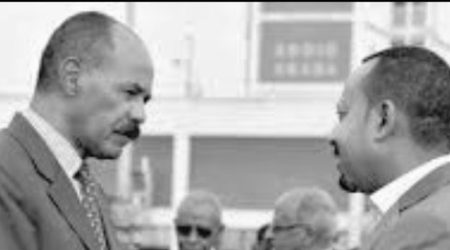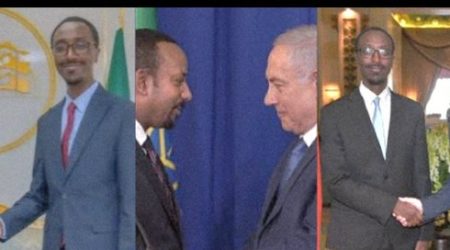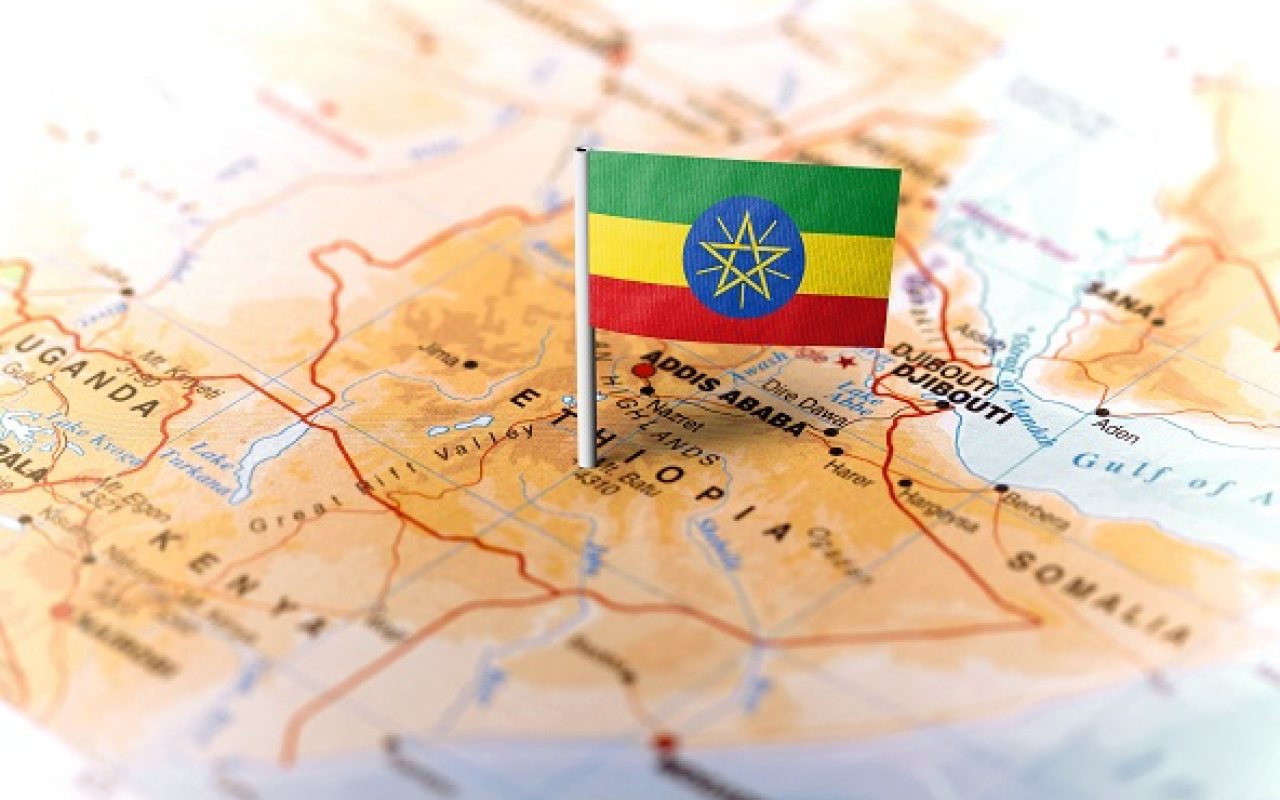
4
Apr
Narrative Building & the Role of Foreign Affairs in Shaping a Unifying Ethiopian Identity
Ethiopia is undergoing a profound political transformation, making the need for a cohesive national identity more urgent than ever. As a country with deep historical roots and immense ethnic and cultural diversity, Ethiopia has struggled to establish a unifying narrative that binds its people together under a shared vision. Political transitions often bring uncertainty, and in Ethiopia’s case, the competing narratives of ethnic identity and national unity have fueled tensions rather than reconciliation. In this context, foreign policy emerges as a crucial yet often overlooked tool for shaping a national identity that strengthens unity and development.
A national narrative is more than just a collection of stories; it is a powerful force that influences how people perceive their country, their fellow citizens, and their collective future. Throughout history, Ethiopian narratives have been shaped by various forces, from the legacies of empire and resistance to colonialism to the ideological shifts of successive governments. However, in recent years, the country’s internal divisions have overshadowed the construction of a shared national identity. The challenge lies in crafting a narrative that does not erase diversity but instead builds a common foundation based on shared history, aspirations, and responsibilities.
Foreign policy plays a crucial role in this process. How Ethiopia engages with the world, its diplomatic posture, and its regional influence all contribute to shaping how Ethiopians perceive themselves. Historically, Ethiopia has viewed itself as a symbol of African resilience, as the only African nation to resist colonial rule and later playing a leading role in the establishment of the African Union. This legacy has provided a sense of national pride, reinforcing the image of Ethiopia as a sovereign and independent actor on the global stage. Today, as Ethiopia navigates shifting global alliances and regional dynamics, its foreign policy decisions have direct implications for national identity.
One of the most significant aspects of Ethiopia’s foreign policy shift has been its increasing emphasis on economic diplomacy. By prioritizing trade partnerships, investment, and regional integration, Ethiopia is crafting a narrative of economic transformation and modernization. This approach has the potential to unify the country under a vision of progress, positioning Ethiopia as a rising economic power in Africa. When citizens see their country actively engaging in trade agreements, infrastructure projects, and technological advancements, it creates a sense of shared purpose and national pride. However, this narrative must be carefully managed to ensure that economic benefits are equitably distributed. If certain regions or groups perceive themselves as excluded from the country’s economic progress, the narrative of unity could be undermined rather than strengthened.
Beyond economic diplomacy, Ethiopia’s role in regional security and peace building also contributes to shaping its national identity. As the Horn of Africa remains a volatile region, Ethiopia has historically played a critical role in conflict resolution, peacekeeping, and counter terrorism efforts. These diplomatic efforts reinforce Ethiopia’s image as a stabilizing force in the region and contribute to a unifying domestic narrative. A country that sees itself as a leader in regional security can have a sense of responsibility and collective purpose among its citizens. However, this too comes with risks. If Ethiopia’s foreign policy engagements in the region become entangled in internal political disputes, it could deepen domestic divisions rather than build cohesion.
While foreign policy presents an opportunity to shape a unifying Ethiopian identity, it is not without its challenges. Competing narratives, both domestically and internationally, can either reinforce or disrupt efforts to build national unity. In an era where misinformation spreads rapidly, narratives that seek to undermine Ethiopia’s sovereignty or portray its foreign relations in a negative light can have real consequences. Managing the country’s global image requires strategic communication, not just through diplomatic channels but also through media and public engagement. If Ethiopia fails to take control of its narrative, external actors may define it in ways that do not align with the country’s national interests.
For Ethiopia to achieve a common identity that results in national cohesion, its foreign policy must be integrated into a broader strategy of narrative building. This means ensuring that foreign engagements are not viewed as distant government affairs but as part of the country’s collective journey toward development. The stories that Ethiopia tells about itself on the international stage must resonate with its citizens at home, reinforcing a sense of belonging and shared destiny. Crafting this narrative requires careful balance, one that acknowledges the country’s diversity while emphasizing the common values and goals that unite Ethiopians as one nation.
As Ethiopia continues to navigate its political transition, the ability to construct and maintain a compelling national narrative will be crucial to its long-term stability and development. Foreign policy offers a powerful tool in this effort, providing opportunities to shape how Ethiopia is perceived both internally and externally. By strategically using its diplomatic engagements, economic initiatives, and regional leadership, Ethiopia can build a narrative of resilience, progress, and unity. The challenge lies in ensuring that this narrative is inclusive, authentic, and capable of inspiring a collective national identity that transcends divisions and paves the way for a prosperous future.
By Jalene Tesfaye,Deputy Director,Horn Review

